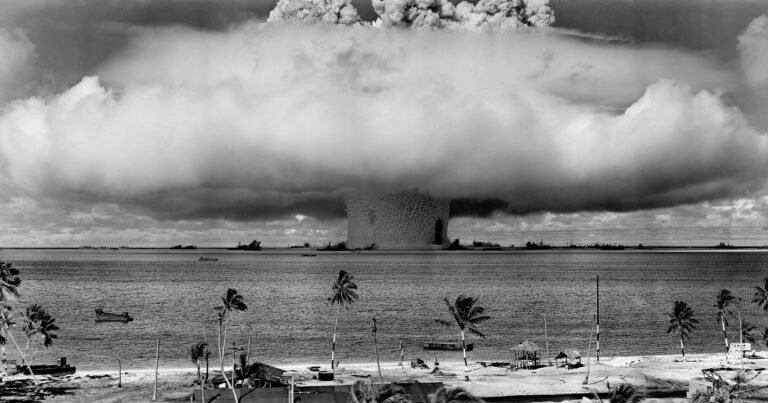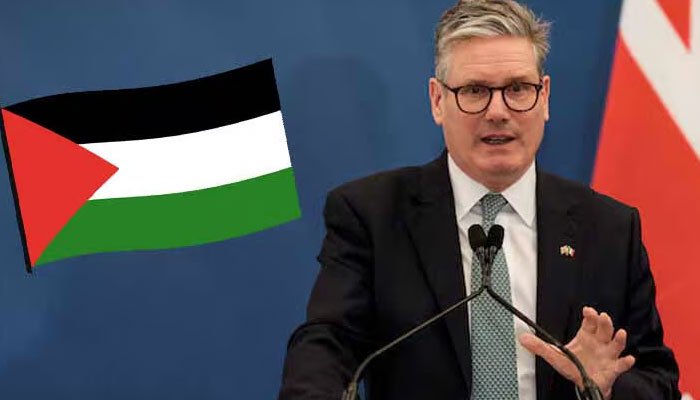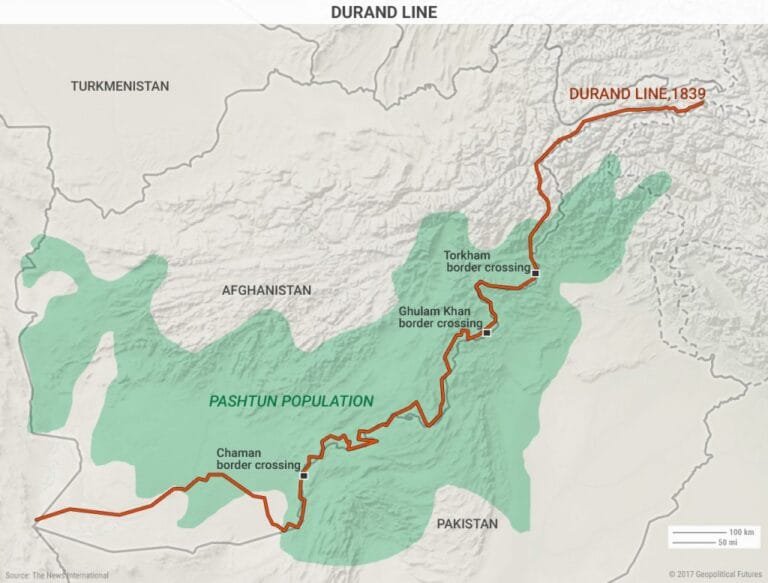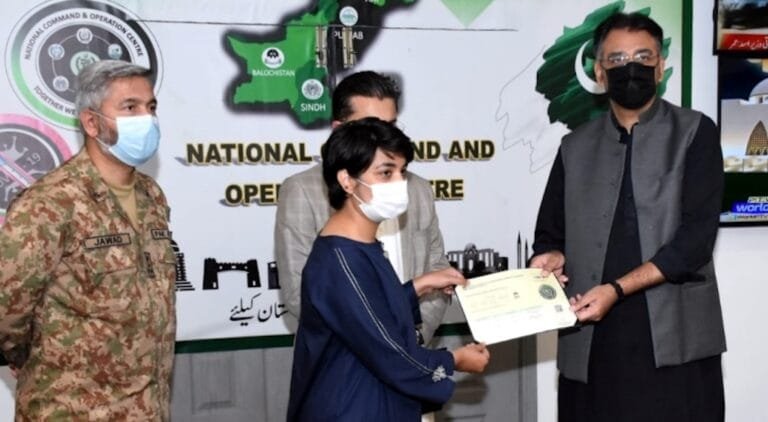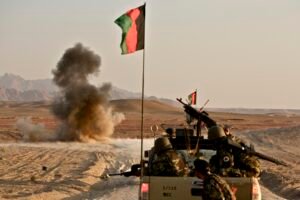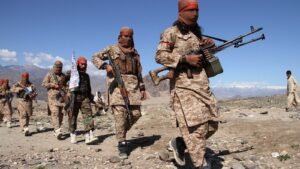The relation between Pakistan’s Prime Minister statement “absolutely not” and FATF Grey List is an obvious reality. If somehow the Financial Action Task Force (FATF) is defined from an economic perspective and otherwise as a challenger for Pakistan, It is difficult to over establish, given that Pakistan was put on the grey list and has sustained enormous damages to its economy of $38 billion.
The FATF’s decision to retain the country on its Grey List was indicated that the lack of action to promote the strategic interests of the United States in the area could have been affected by Pakistan. Yet Pakistani government authorities can scarcely argue that the State has fought to have money laundered. They have frequently accused opposition leaders of this and even attempted to convict several people against them.
Pakistan had not created an action plan from 2012-2015 according to FATF observers. In implementing the FATF guidelines it seemed that the Pakistani administration was not serious. During 2018, because of the absence of “strategic deficits” in controlling corruption, tax evasion, and terror funding – Pakistan was placed again on the dreadful list.
Discussing in a TV program the other day, the then Minister of Finance (with a supervisory position) admitted responsibility for the inclusion of Pakistan in the list. From 2013 to 2018 no explanation was provided by the leaders.
What does FATF want?
The FATF is a policy-making organization that strives to create the political will necessary to carve out domestic legislative and regulatory measures to monitor these tendencies. It monitors the status of implementation via peer review (mutual assessments) of its suggestions by the Member States. In 1989, its headquarters in Paris were established to tackle the increasing threat of financial fraud.
The task group studied money laundering trends, monitored national and international regulatory, economic and criminal justice actions, reported on compliance and issued suggestions and regulations for combating money laundering.
The relation between Pakistan’s Absolutely Not and FATF Grey List
One of the justifications for putting Pakistan on the grey list is to compel Pakistan into acting against the banned outfits by U.S. Premier Imran Khan believes that the primary cause for people’s radicalization is frequently the collateral damage of terrorist activities. This reasoning is not acceptable to the US.
Iconic Pakistan’s absolutely not from the Imran Khan in the light of a scheduled FATF inspection on the supply of air bases to the US may not have been appropriate. The US isn’t just the biggest FATF financer, it also chairs the US Taskforce and is also the head of the Department of the US Revenue. Therefore one can say that this is the main reason to remain on the FATF Grey List.
Pakistan’s ties with the US are in a historic era
The relationship between them is usually geopolitical interests, and particularly those that are proxy-like towards Pakistan that constantly promotes America’s regional agenda. all of this is unusual. After he recently confirmed that he “no longer entirely” will enable the US in his nation to establish military bases for attacking Afghanistan. This is no longer possible.
Pakistan acts independently of Western interests and puts itself above all others for perhaps the first time in decades. This does not mean that it acts against the interests of its counterpart but that it eventually strives to match the unipolar superpower. The geo-economic model is the best way of doing this, as it does not contradict the concerns of any third party and may help stabilize Europe and Asia.
That said, certain elements in the US still hold to an old mindset and hence do not want to regard Pakistan as equal, nor to give geo-economic priority over geopolitical. You think that using unorthodox measures such as the FATF, the US should continue to pressure Pakistan, to force its sovereign Crucial Agreements to Afghanistan and China.
This thought is still true but not as successful as it was before. It’s still very successful. These ineffective policies motivated Pakistan to consolidate its good financial relationship with China. It is in a worldwide way by committing to BRI’s flagship project. It is by providing China with full access to the Indian Ocean through the CPEC, transformed the international geostrategic calculations.
What Should Pakistan Do?
All in all, Pakistan must walk with great care and build a trustworthy state’s reputation. The FATF has added to its Pakistan suggestions. The diplomatic frontline has to be extremely vigilant. Pakistan progressively redefines itself as a nation-state and attempts to give its image of an ideology state. That is a scholarly procedure that need acceleration. It should also appreciate its plural nature.

